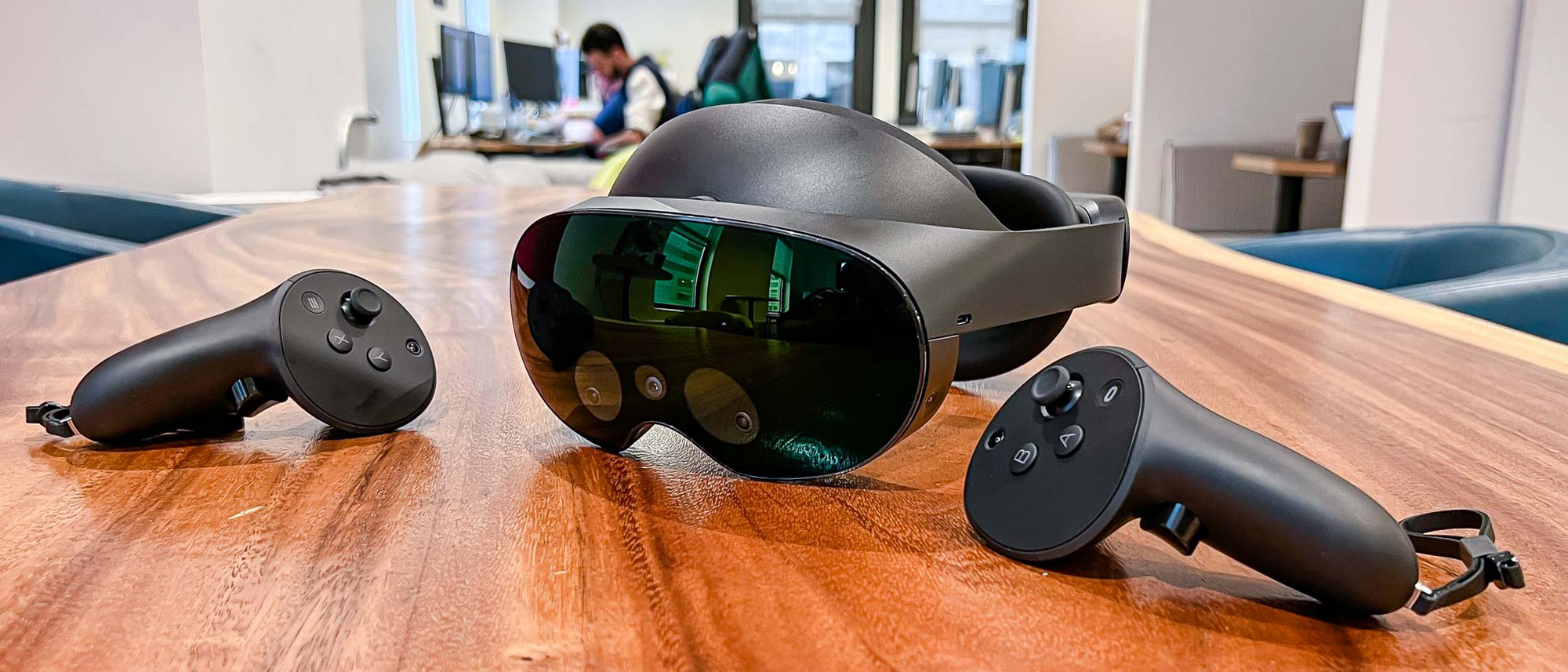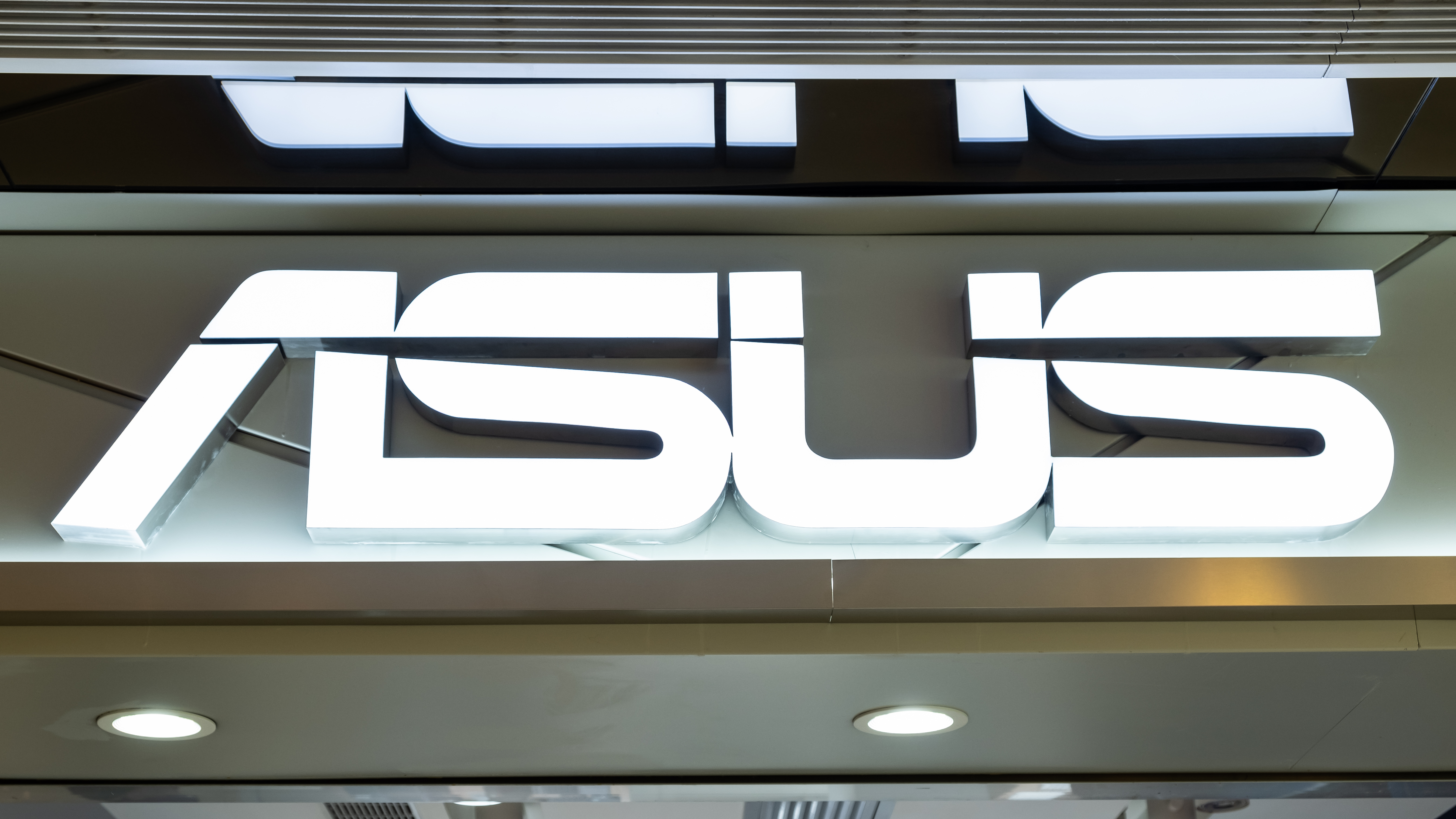Meta’s Apple Vision Pro competitor reportedly cancelled — Meta responds
RIP Meta Quest Pro 2?

Meta has reportedly cancelled a project to make a high-end mixed reality headset to rival Apple’s Vision Pro.
The Information cites two Meta employees who claim that the Reality Labs division has abandoned a headset codenamed “La Jolla," which was penciled in for a 2027 release. The reason? The impossibility of making the kind of premium product that the company wanted at a price point that consumers would pay for.
The main sticking point appears to be the “ultra high-resolution” micro OLED displays that the company sought to include. The piece claims that Meta believed the price had to come in at under $1,000 per unit to be feasible, and that just isn’t possible at the moment.
It’s not clear whether that $1,000 figure refers to component cost or the final MSRP for consumers. The latter seems likely, however, given that was infamously the price point Meta was forced to drop the Quest Pro headset to, just 129 days after it went on sale for $1,499.
A reality check for high-end VR
Whether La Jolla was going to be a Quest Pro 2 or something else entirely isn’t clear, but it ultimately doesn’t change the mood music around mixed reality: there’s a cap on what most people are prepared to pay for technology that is undoubtedly mindblowing, but yet to earn must-have status outside of tech enthusiasts.
Beyond the Quest Pro’s lukewarm public reception, it’s likely that something else is giving Meta cold feet about the appetite for a high-end headset: the $3,499 Apple Vision Pro. Despite Apple’s marketing might, the company has reportedly slashed production and shifted focus away from a true sequel to a lower cost model to drive adoption.
The good news for VR fans is that this doesn’t affect the lower-cost Quest series, with a target of 2026 for the ~$500 headset previously reported by The Information. Given Meta CEO Mark Zuckerberg previously boasted that when compared to the Vision Pro, the Quest 3 is “the better product, period”, an improved Quest 4 might still be primed to dominate the spatial computing space.
Sign up to get the BEST of Tom's Guide direct to your inbox.
Get instant access to breaking news, the hottest reviews, great deals and helpful tips.
Meta responds
Interestingly, this isn’t the first time The Information has reported on Meta losing faith in high-end VR as a commercially viable product. The site claimed that Meta was reducing production last year — a story which was played down at the time by Meta CTO Andrew Bosworth.
“There is no Quest Pro 2 headset until we decide there is,” he said. “What I mean by that is there are lots of prototype headsets — lots of them — all in development in parallel. Some of them, we say, ‘that’s not the right one,’ and we shut it down. Some of them, we say, ‘that’s the right one,’ and we spin it up.”
In other words, just because one headset isn’t deemed right to progress with, doesn’t mean that something similar won’t emerge at a later date.
Bosworth has already responded to The Information’s latest story with virtually the same sentiments on the Meta-owned Threads. “Just your regularly scheduled public service announcement: we have many prototypes in development at all times,” he wrote. “But we don't bring all of them to production. We move forward with some, we pass on others.
“Decisions like this happen all the time, and stories based on chatter about one individual decision will never give the real picture,” he added.
Freelance contributor Alan has been writing about tech for over a decade, covering phones, drones and everything in between. Previously Deputy Editor of tech site Alphr, his words are found all over the web and in the occasional magazine too. When not weighing up the pros and cons of the latest smartwatch, you'll probably find him tackling his ever-growing games backlog. Or, more likely, playing Spelunky for the millionth time.

